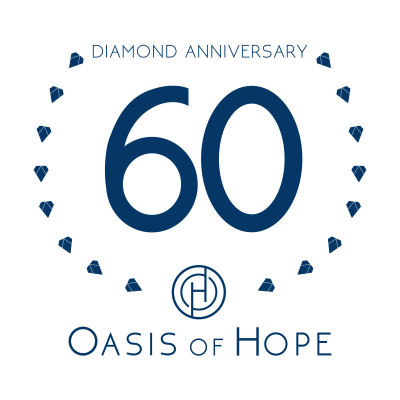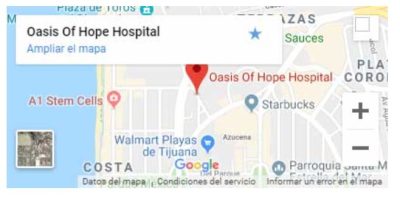by Dr. Francisco Contreras
Cancers arise by progressive accumulation of random mutations. Each cell has tens of thousands of genes, and each of these genes can be altered in literally hundreds of ways. So each cancer is absolutely unique. Moreover, because cancers tend to acquire mutations more rapidly than healthy cells, they are constantly evolving – the cells within a given tumor are often diverse, and a cancer tends to evolve over the course of time. This evolution is often directed by the stresses that the cancer is subjected to.
For example, when a cancer is assaulted with a cytotoxic chemotherapy drug, the few cells in the tumor that have acquired mutations that enable them to detoxify or expel this drug, or that otherwise render them relatively resistant to the toxicity of the drug, are prone to survive. These cells will then predominate when the tumor grows back following chemotherapy.
The result is a tumor that will be less responsive to that particular drug – and possibly other drugs as well – the next time that chemotherapy is attempted. Analogously, if a cancer is treated with anti-angiogenic agents that impair its ability to elicit the growth of new blood vessels, cancer cells which mutate in a way that boosts their ability to produce pro-angiogenic factors may be able to continue spreading and promoting renewed tumor growth.
Cancers can also mutate in ways that render them relatively resistant to killing by natural killer cells, which makes it more difficult to eradicate small tumors with immunotherapy. Cancer is in fact a formidable adversary.
Although each cancer is unique, there is a tendency for cancers, which arise from a given tissue and that have certain histological features, to share certain common properties.
For example, clinical experience teaches that initially, certain types of cancer tend to be susceptible to destruction with a specific cytotoxic drug, or perhaps radiotherapy. Moreover, certain specific types of mutations tend to be highly common in certain types of tumor.
This can have mplications for the measures that may be effective for controlling the growth, or exterminating, that type of cancer.
Well-trained oncologists aren’t just flying blind. They can make educated, and often accurate, guesses regarding the therapeutic strategies that are likely to be useful in a given type of cancer. But, because every cancer is truly unique, there is never one-hundred-percent certainty that a given therapy will be effective – and, because cancers are constantly evolving, a therapy that formerly was highly effective may prove to be considerably less so when it is attempted again.




